Isaac Newton was brilliant. During his career he defined and explained the Laws of Motion and Classical Mechanics which are foundational principles in physics. He also discovered and described the principle of Universal Gravity and used it to explain the motion of planets, moons, stars and comets. Then, as an encore, he invented calculus a system of mathematics designed to describe changes and motion of objects. He then went on to make enormous breakthroughs in man’s understanding of light and optics and basically invented the reflective telescope. He was the father of modern Experimental Method and established principles of how to design a study to eliminate variables and the bias of the researcher to identify real truths.
So, how does a man with a mind like that and a list of accomplishments and achievements that outshines centuries of scholars that came before him (and many that have come after him) view himself?
He put it this way:
“I do not know what I may appear to the world, but to myself I seem to have been only like a boy playing on the seashore, and diverting myself in now and then finding a smoother pebble or a prettier shell than ordinary, whilst the great ocean of truth lay all undiscovered before me.”
“Gravity explains the motions of the planets, but it cannot explain who set the planets in motion. God governs all things and knows all that is or can be done.“
I believe it is this extraordinary humility that drove Newton’s incredible capacity for discovery. There is a tendency among men to cleave to some bit of information they’ve discovered and use it as evidence of their superiority or authority on all things related to that subject. Science and medicine unfortunately follow this model at times. There is a sad tendency to emphasize the idea that since something has been explained by science it is more valid and worthy than things that haven’t been. I have no problem with the idea that scientifically proven facts are valid and important. Truth is truth after all. The error comes in the notion that some truth is all truth; or that discovered truth is more valid or important than undiscovered truth.
I have a brother who’s a neurosurgeon and an accomplished researcher. He has a very analytical, empirical mind. Several years ago he started exploring acupuncture and actually got some training in it and started using it on some of his patients in place of surgical interventions for pain. I had to razz him a bit about this as he’s always been very scientific in his thinking. So, I asked him, “Mark, how does acupuncture work?”. His response was beautiful. He said “I don’t know how it works. I don’t know if it’s endorphins or Qi or little green goblins. But I can measure that it works.”
That, my friends, is exactly where we need to be as learners. We need to be willing to respect history and reverence results rather than dismissing things just because we don’t understand them yet. Some alternative modalities like acupuncture and herbal medicine have a history of successful use lasting thousands of years. People aren’t idiots. If something doesn’t work, they usually stop doing it. Mankind has abandoned countless beliefs and practices related to treating disease and injury but they’re still using herbs. That long history says something.
Science is really starting to dig in to botanical phytochemistry and its effects on the body. I applaud those efforts. I’m glad there are those that are asking things like “Why have people been using this plant for this issue for 4000 years?” I celebrate the discoveries they’re making. I hope that they continue embracing the fact that they don’t know everything and, more importantly, that what they don’t know may be more important and amazing than what they do know.
The more deeply I study herbs, the more astounded I become at their rich complexity. Just when I think I understand a plant’s actions and abilities; just when I pick up that shiny new stone or shell, I look down at the beach and see another, and another, and another. Herbs are gloriously complex and rich resources. Learning about them; and continuing to learn about them even after years of practice is one of the great joys of my life. I invite you to learn about them too. I invite you to empower yourself to bless those around you with these amazing gifts. If you’re ready. I’d love to join you on that journey.
Doc Jones
HomeGrown Herbalist School of Botanical Medicine.
PS: Oh, just so you know, by way of teaching credentials, I’m Isaac Newton’s first cousin….well, first cousins nine times removed, but still. Thus, I’m likely more qualified than most herb teachers to teach about how to treat your skinned knee of you have an altercation with gravity and a moving planet.
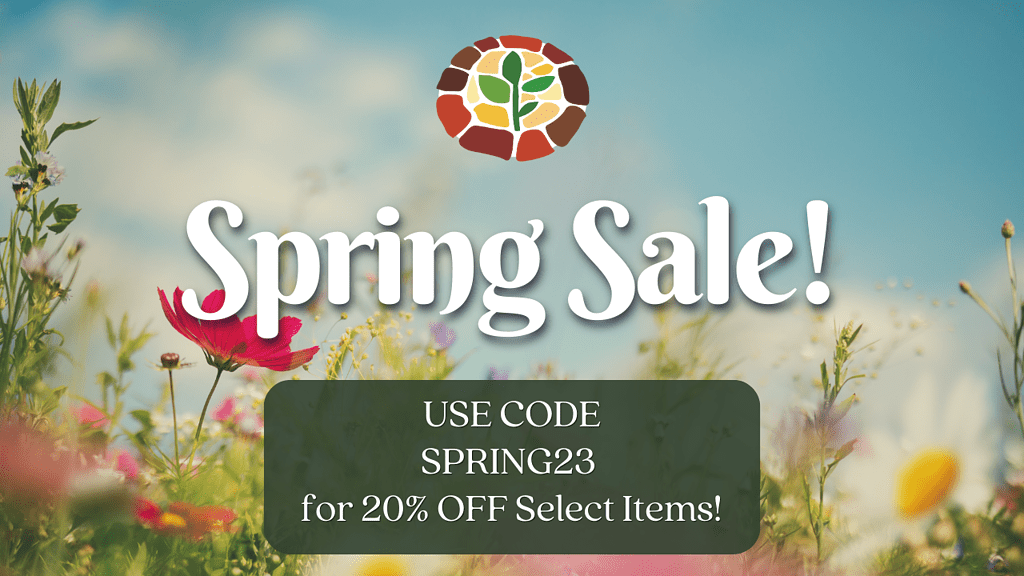
| Hurry! This Deal Expires at the end of April at midnight! |
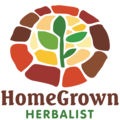
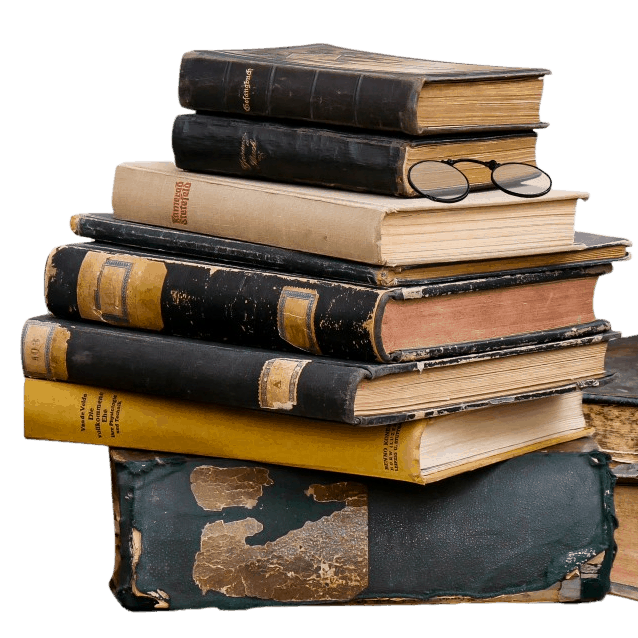
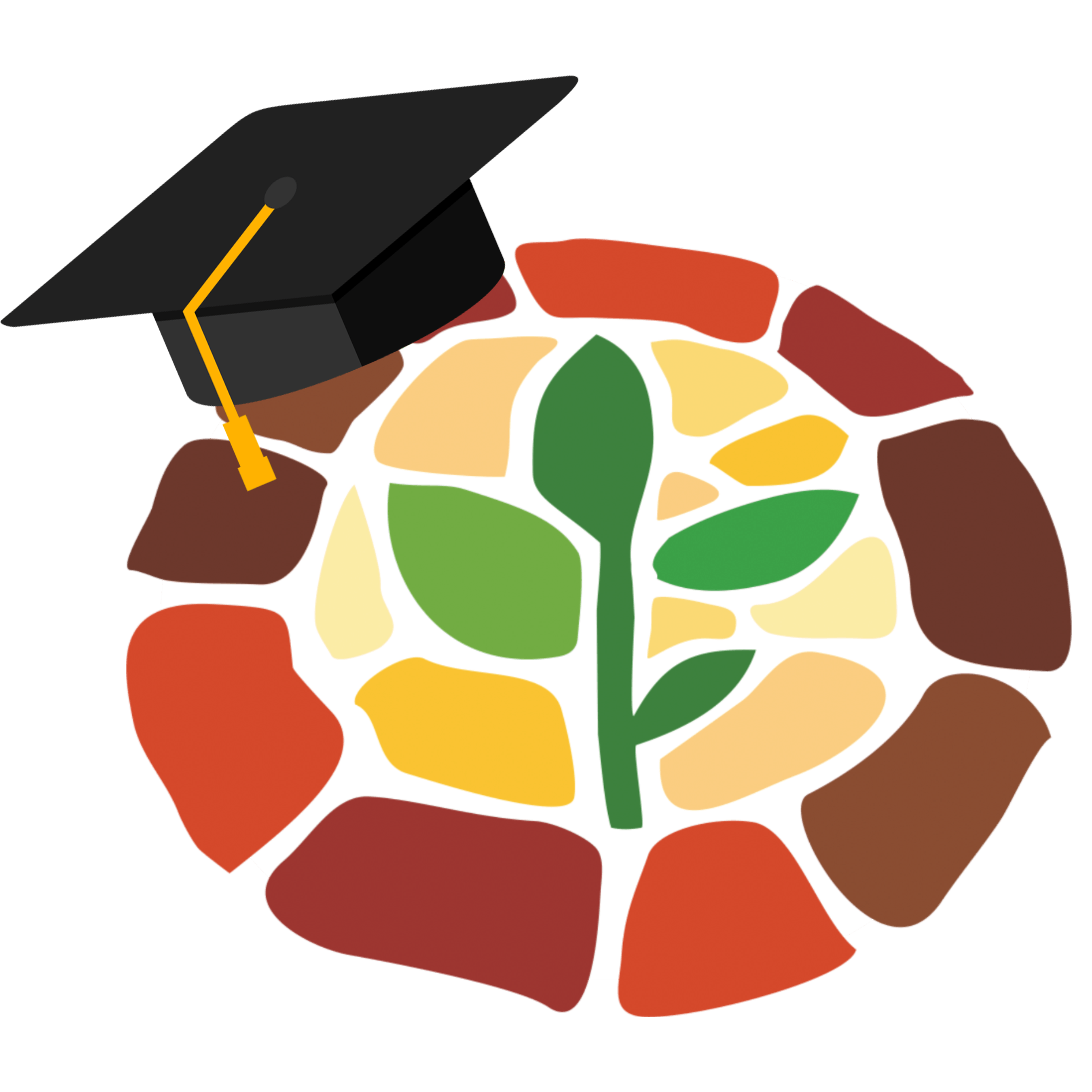
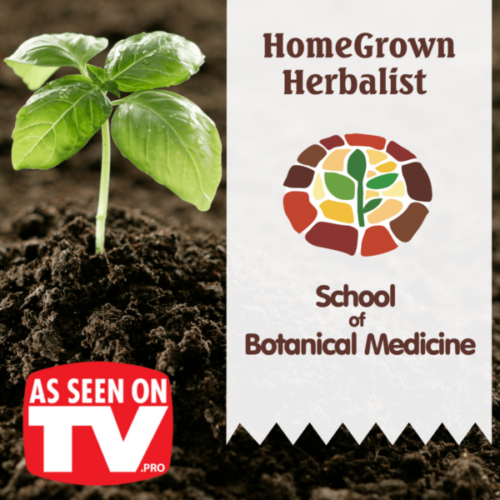
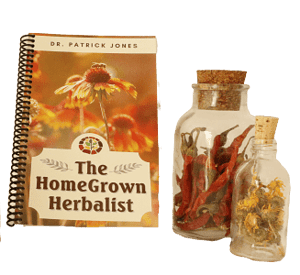
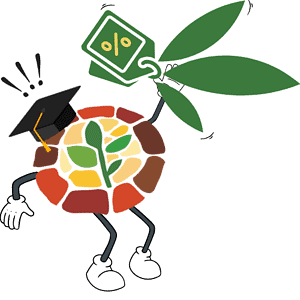
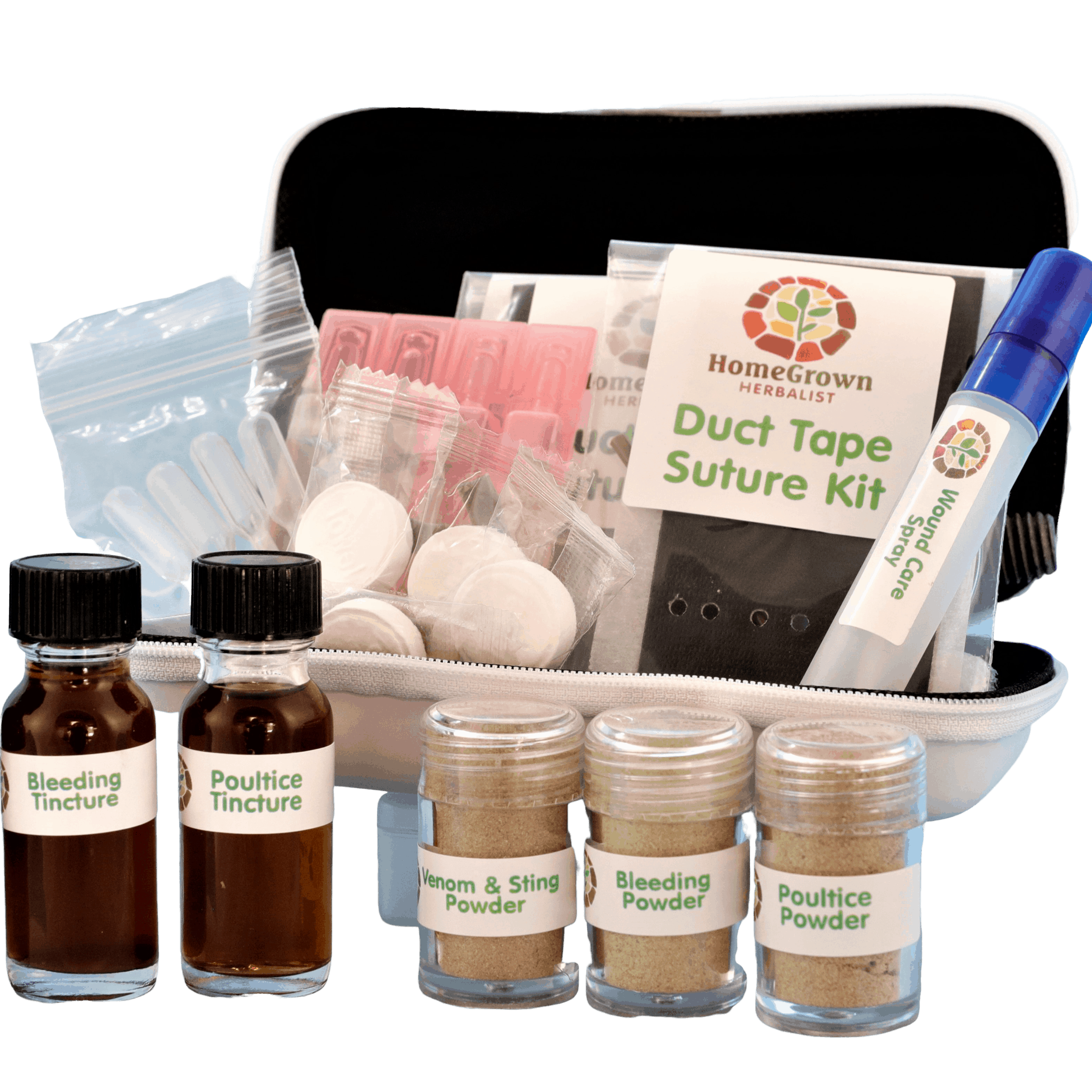
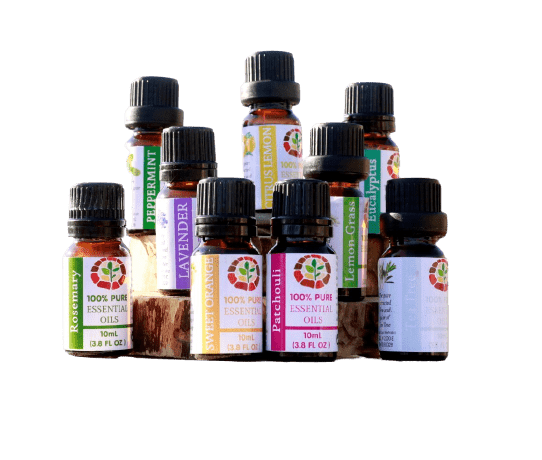
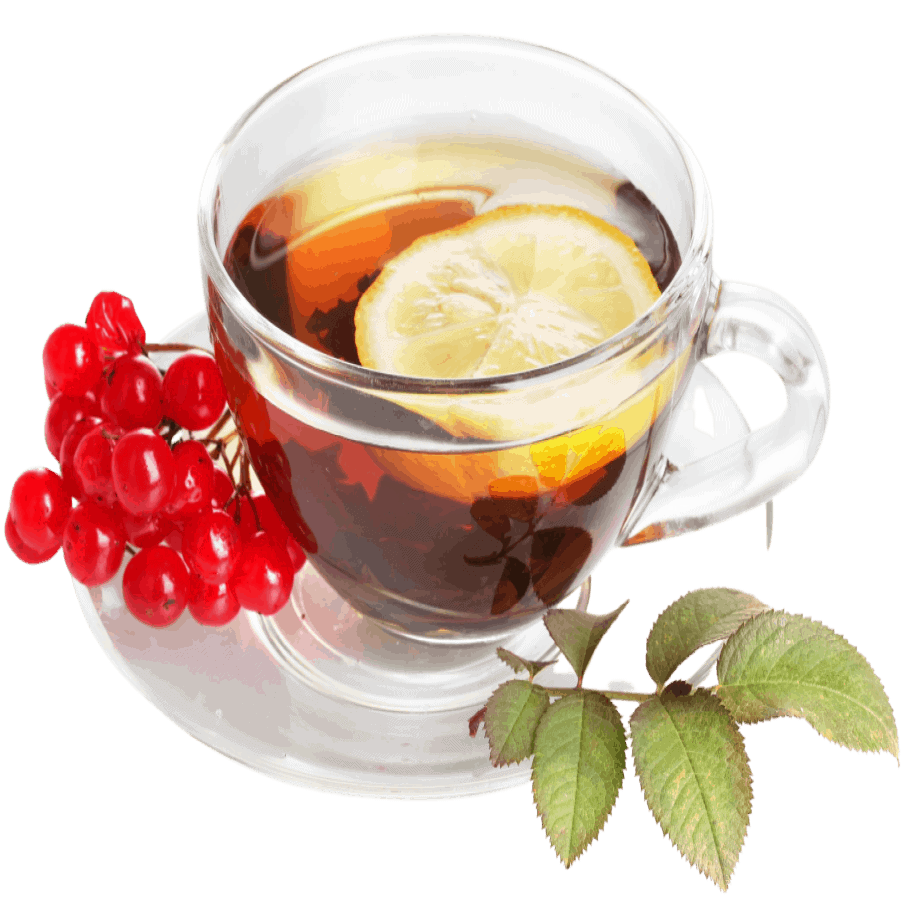
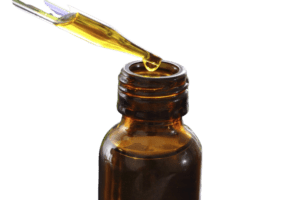
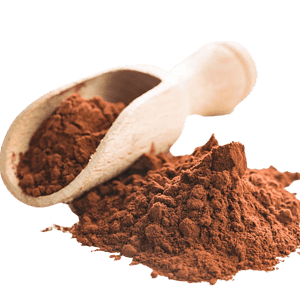
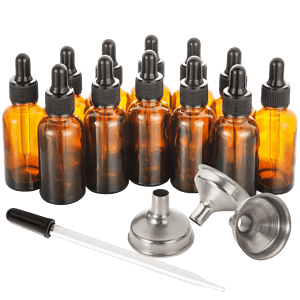
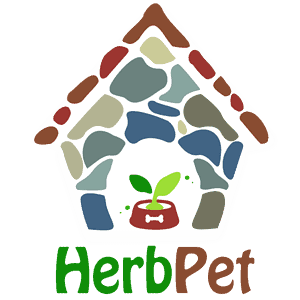
Thank you Doc Jones for a very engaging presentation on the work of Sir Isaac Newton.
Without exception, it has been my observation also that truly great people are the most humble.
They are keenly aware of what knowledge they do not have. It is not surprising that Newton who was always looking to the causes of phenomena spent the majority of his life studying the Bible and valued that activity over all of his previous accomplishments.
am clicking the “like” button i couldn’t find! 🙂
Oh my, I do enjoy your writings!
I love your videos! I’m 73 years old and have been interested in herbs for many years. I prayed and asked God to allow me to study His greatest creation, man. Now I want to study His herbal medicine to heal them. I don’t want to go to the school because I don’t want to be a doctor but I would like to take care of my family when the stuff hits the fan. I’m preparing my garden now. I need to know the formulas for the tinctures and things, do you have a book on the medicines I can make? My first naqme is Althea like the flower.
Hi Althea,
I have two books, The HomeGrown Herbalist and The HomeGrown Herbalist Guide to Medicinal Weeds. Botha are available here: https://homegrownherbalist.net/?s=homegrown+herbalist+book&post_type=product&title=1&excerpt=0&content=1&categories=1&attributes=0&tags=1&sku=1&orderby=date-DESC&ixwps=1
Beautifully said! Especially coming from a very empirically minded doctor who has embraced chiropractic, nutrition, muscle testing, energy…. I have been inspired by you to look in my own backyard for herbal gems. When I find a “weed” I ask the question, “but what is it good for?” I have yet to find a plant on our property that doesn’t have some benefit!
Yup. Our yards are full of “Shiny stones and pretty shells”. :0)
As always, love to read your thoughts! ❤️ Still following along, even though busy with looking for new pebbles everywhere in our new country.
Today I finally started a herbal preparation again, after almost a year of doing all kinds of other things. My 2 year old helped me put it together, and as always I thought about how thankful I am to be part of this community that is constantly learning new ‘old’ things! 😊
Love from the springy-green Caucasian mountains!
Thanks for this!!
I have used this Newton quote about playing with my students (music) for a long time. 🙂
Thanks for all you do and give and share!!
Thank you Doc! Those who think that they know everything and stop looking for those new pebbles and shells are sure a sorry bunch because they miss so much! I am so glad that I found you back in 2018 to learn about herbs from. I had been so disappointed (and still get that way) by all the new agey mumbo jumbo that seems to follow so many in the study of herbs. It was refreshing to find a teacher that saw herbs as the gift from God that they are and that understands that there are just some things that work that we are not meant to understand how they do, at least not until that day we arrive in Heaven. There will be a great “AHA!” as all that knowledge flows in. Keep up the great work!
I think it’s good for us to occasionally decide we’re smart because we understand something about natural processes. After all, God deserves to have a good laugh once in a while. :0)